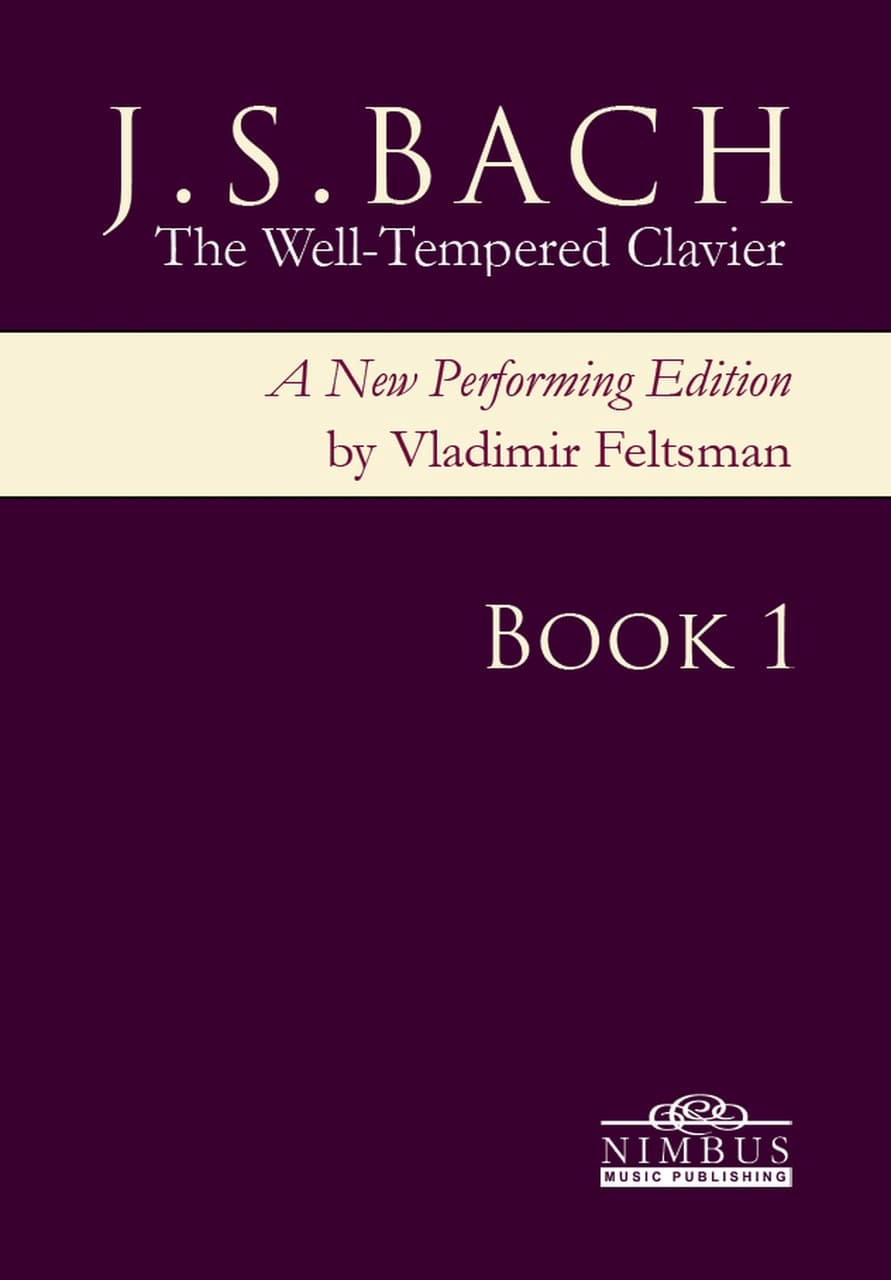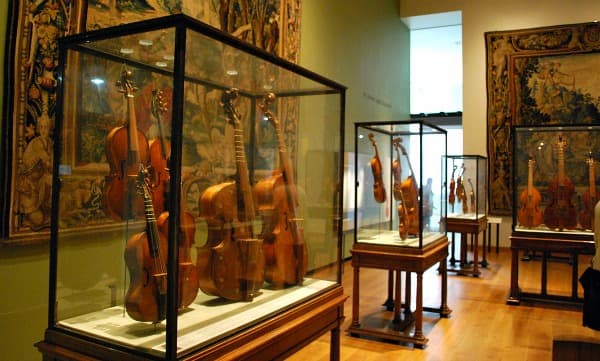Vladimir Feltsman is one of the most brilliant and versatile pianists and musicians of our time and a renowned Bach specialist. His recent contribution, a new performing edition of J.S. Bach’s The Well-Tempered Clavier, is going to be released under Nimbus Music Publishing this October. Last week, I was honored to have an interview with Maestro Feltsman and we talked about music and life.

Vladimir Feltsman
Feltsman has been teaching for many years. When we talked about the reasons behind the making of this new edition, he said he intended to dedicate the edition to anyone who is eager to learn the complexity of WTCs. Here is what he said,
“The reasons are very simple. I’ve been teaching for more than half a century. Most of the students think J.S. Bach was the most problematic composer and his music was the most difficult for students to understand, especially the Well-Tempered Clavier. There are urtext versions of the WTCs, which was purely how Bach wrote it. Some editorial versions of WTCs have been published over the last few hundred years. However, available performing editions are dated and often confuse and misguide the students instead of helping because their performing instructions are given straight into the score and look like a legitimate part of the text. It is difficult for students unaware of the textural history of the WTC that all of these performing instructions belong to the editors, but not to Bach. In our edition, the editorial suggestions will be in lighter grey so students can see right away that it is not part of the original score. I make very sure in my introduction that these instructions or ideas are not meant or must be followed but as viable options that should be sought and tried. I have been studying and playing Bach for most of my life. I wanted to share my experience playing Bach’s music with the younger musicians… not just playing, which is the easy part but studying and comprehending is the must prior to playing, of course. It is impossible to play the works of Bach on intuition alone without comprehending the intent of the composer and the purpose of any given work who is trying to comprehend the greatest composer who ever lived which in my view is Bach- it’s not even a question in my mind. He was a pivotal figure in Western music alongside Shakespeare in literature and theater, and Dante in poetry. Bach is a pivotal figure and being a musician, to me, you cannot be a complete musician or a legitimate musician without understanding and studying the music of Bach.”
Indeed, this new edition is based on the text of Bach-Gesellschaft’s 1866 score. Editorial score markings in the pale text indicate gradual slowing down or speeding up, propose moments of delay; and show changes in dynamics, intensity, and character of sound.

J.S. Bach: The Well-Tempered Clavier, edition by Vladimir Feltsman
Over the course of his performing and teaching career, he has recorded all known Bach’s works for the keyboard, excluding the works for the organ, 16 CDs in total. His devotion to J.S. Bach is beyond the manuscripts and the new edition was many years in making. His book, The Piano Lesson, includes a chapter, particularly about Bach and his WTCs. In addition to that, the book is a collection of essays addressing certain important issues such as practicing, performing, making recordings, and learning new repertoire, and numerous linear notes for his recordings (more than 70 CDs) since 1987.
In the interview, Feltsman mentioned how he got started when he first encountered Bach’s music. Feltsman said,
“I was born and brought up in Russia and I had wonderful teachers for which I’m very grateful, but Bach was not the most popular music to be played. It was mostly romantic music plenty of Russian music Rachmaninoff, Tchaikovsky, Prokofiev, and Scriabin so Bach was not very popular but somehow, I felt very attracted to his music. So, I try to study to educate myself: reading books, listening to important recordings, and talking to people who knew better than me.”
As a teacher and a lifetime piano student myself, I felt so lucky to be able to interview Master Feltsman. And of course, I did not want to miss my chance to ask him to give some advice to young people who study Bach or music in general.
“What advice could I give to younger people who study Bach? Educate yourself, keep learning, and ask questions. Never be content with where you are because the moment you think that you know that you are in the right place, it means the end of you. So, keep learning, keep expanding, keep reading, try to understand, to connect the dots. Baroque is the art of emotions. We live in different times, and we have to make an effort to understand and convey what the intended purpose and effects of Bach’s music are.
It is very important for young people to be eager to learn. If you are not eager to learn and not open, then it’s very difficult to grow and understand much of anything. As far as I can see if we are alive, there are lots of lessons to be learned and so this ability to learn is the most crucial ability for anybody, especially in creative endeavors such as music.”
The new performing edition of J.S. Bach’s The Well-Tempered Clavier, edited by Vladimir Feltsman, will be available on 6 October 2023. The edition is published in two volumes, or as 48 separate ‘Preludes and Fugues’, either as a printed score or a PDF file. It is accompanied by videos of Vladimir Feltsman’s recordings of the complete Well-Tempered Clavier, also available as a four-volume CD set.
For more of the best in classical music, sign up for our E-Newsletter


